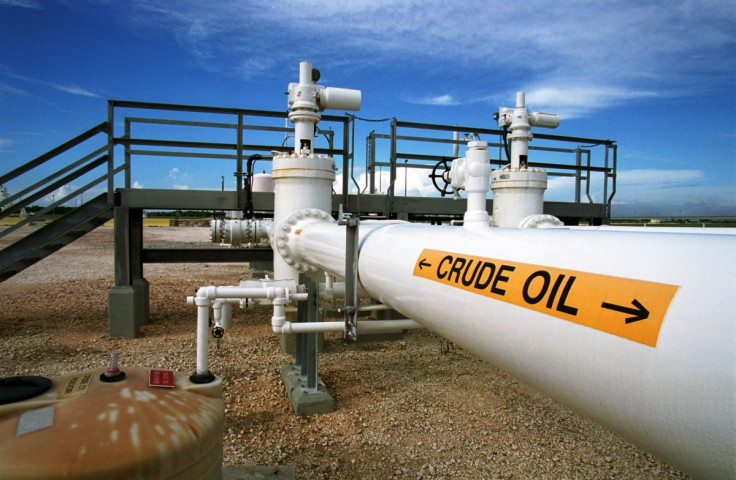Brent crude oil price hits 11-year low as tension between Saudi Arabia and Iran intensifies

The price of Brent crude hit a fresh 11-year low on Wednesday 6 January as investors remained jittery over tension in the Middle East and monitored the latest developments in China.
According to data released by FactSet, the price of Brent crude for the current month slid 3.1%, to $34.85 (£23), while oil for February delivery tumbled as much as 4.3% to the same price, continuing the trend that has seen the benchmark decline in every trade of 2016 so far and putting the benchmark on track for its lowest settlement price in over a decade.
The sharp drop in crude prices, which has seen West Texas Intermediate for February delivery fall almost 3% to just over $35 a barrel (£23.8), has been largely driven by the increased geopolitical tension between Saudi Arabia and Iran.
The conflict between the two states, both prominent Opec members, has escalated since Saudi Arabia cut diplomatic ties with Iran on Sunday 3 January following an attack on its embassy in Tehran, sparked by the execution of a prominent senior Shia Muslim cleric in Saudi Arabia.
On 4 January, Saudi allies Bahrain and Sudan followed suit and severed their diplomatic links with Tehran, while 24 hours later Kuwait recalled its ambassador from Iran after describing the attacks on the Saudi embassy as a "flagrant breach of international norms".
While the deterioration in the relationship between Saudi Arabia and Iran has worried investors, the surplus of oil in the global market remains a bigger threat, according to Mehdi Asali, Iran's national representative to OPEC.
"The effect of this political tension on the oil market will be short-term and the market will calm down when it sees the oil supply is secured," he was quoted as saying by the oil ministry's news agency Shana.
However, economists believe there chances of Saudi Arabia cutting production to shore up oil prices remain slim, unless other crude producers such as Russia, Iran and Iraq are prepared to do the same.
"The current ramping up in tensions between Saudi Arabia and Iran only further confirms our view that Saudi Arabia is unlikely to cut its output to help Iran regain market share," said analysts at consultancy group Wood Mackenzie.
Elsewhere, the health of the Chinese economy remains an ongoing concern for market participants, as economic data indicated a decline in energy demand from Asia's largest economy.
According to the Caixin/HSBC purchasing managers' index published on Wednesday (6 January), China's service sector grew at the slowest pace in the last 17 months in December, fuelling speculations the world's second-largest economy is losing momentum.
© Copyright IBTimes 2025. All rights reserved.






















